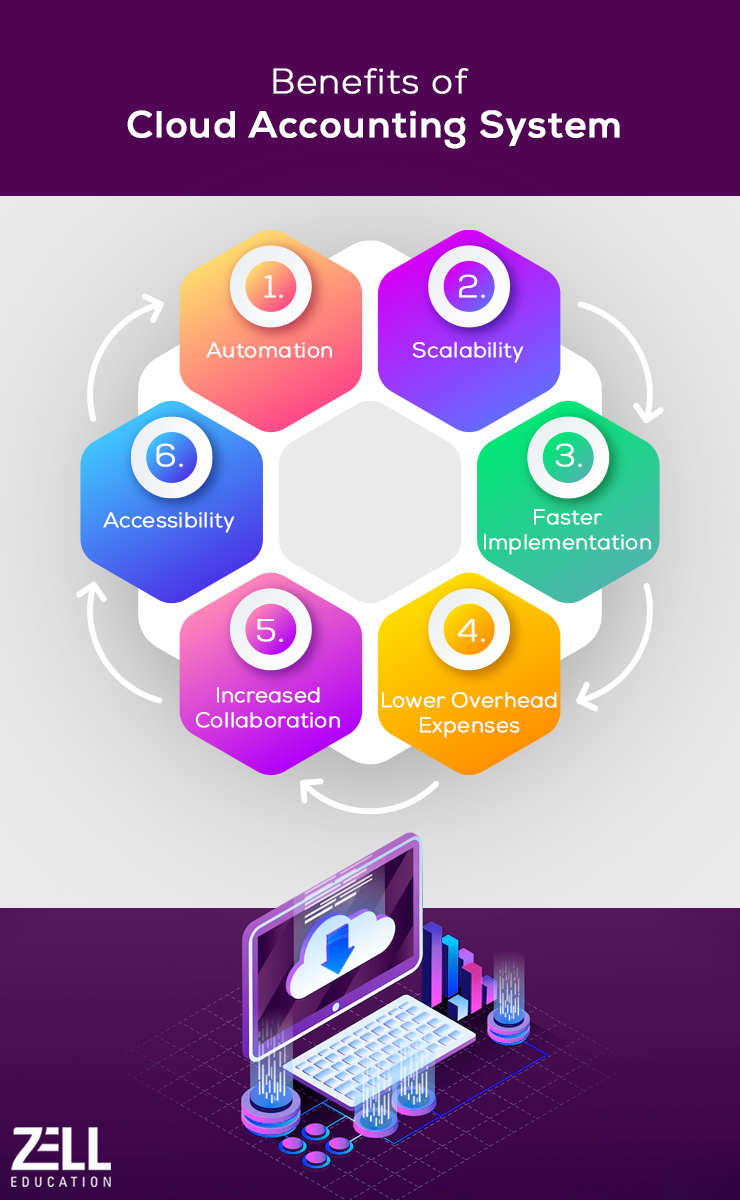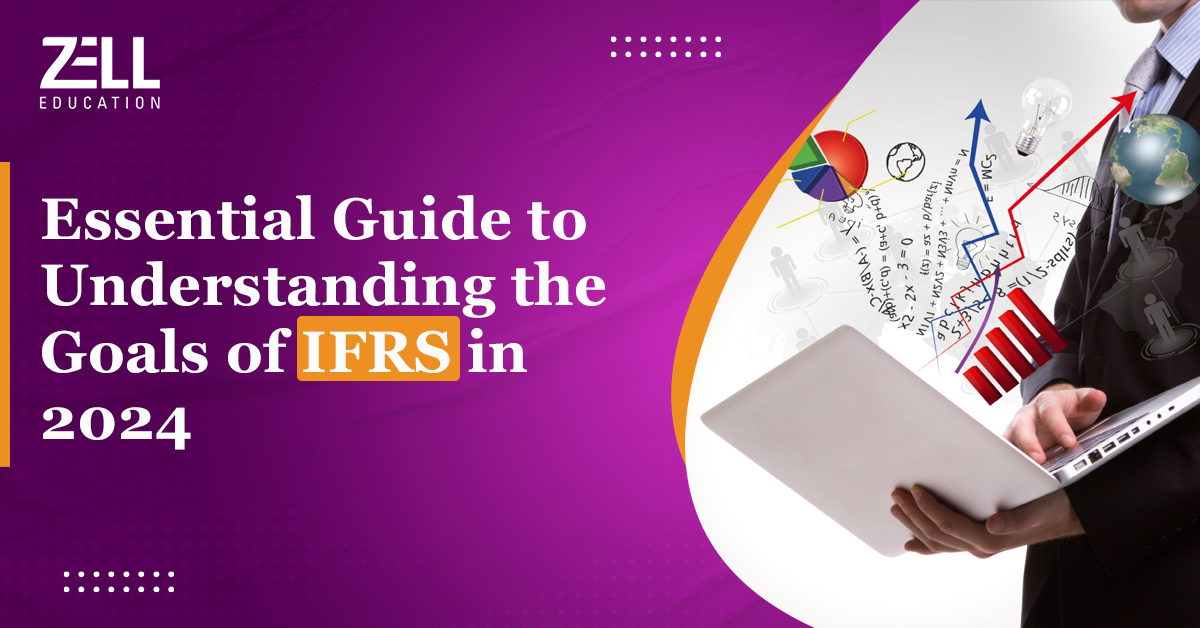Cloud Computing in Accounting System
Cloud computing has revolutionized the way businesses operate, and the accounting industry is no exception. Cloud-based accounting software has become increasingly popular in recent years, providing businesses with many benefits, such as improved efficiency, enhanced security, and cost savings. In this blog post, we will explore the benefits of using cloud-based accounting software, as well as the advantages of cloud-based financial analysis and cloud security for accounting firms.
Cloud-based accounting software has many advantages over traditional accounting software. Some of them include:
Cost-effectiveness: Cloud computing can significantly reduce the costs associated with traditional accounting systems. This is because there is no need for companies to invest in expensive hardware, software, and IT infrastructure. Instead, they can simply pay for the services they use on a subscription basis, which can be much more cost-effective in the long run.
Flexibility and scalability: Cloud computing allows accounting systems to be highly flexible and scalable. This means that businesses can easily adjust their computing resources based on their changing needs, without having to invest in new hardware or software. This makes it easy for businesses to scale up or down their operations as needed.
Accessibility and mobility: Cloud computing allows accounting systems to be accessed from anywhere, at any time. This means that businesses can access their financial information from any device with an internet connection, making it easier for them to manage their finances on the go.
Collaboration: Cloud computing makes it easy for multiple users to access and work on the same financial data simultaneously. This can help improve collaboration between accounting teams, and enable faster decision-making.
Security and backups: Cloud computing providers typically offer robust security measures and backup services. This means that businesses can be assured that their financial data is secure and protected against data loss due to hardware failure or other disasters.
Conclusion
To conclude it all, cloud computing has many benefits for the accounting industry, including improved efficiency, enhanced security, and cost savings. Cloud-based accounting software is easy to use, less expensive than traditional accounting software, and allows businesses to access their financial data from anywhere, at any time. Additionally, cloud-based financial analysis can help businesses make better financial decisions by providing real-time analysis of their financial data. Finally, cloud security benefits for accounting firms can help protect their financial data from hackers and other malicious actors. Overall, cloud computing is a powerful tool that can help businesses stay competitive and succeed in today’s fast-paced business environment. If you’re uncertain about which course to select, don’t hesitate to contact us at Zell Education. We are delighted to offer counseling services to guide you through the decision-making process.









